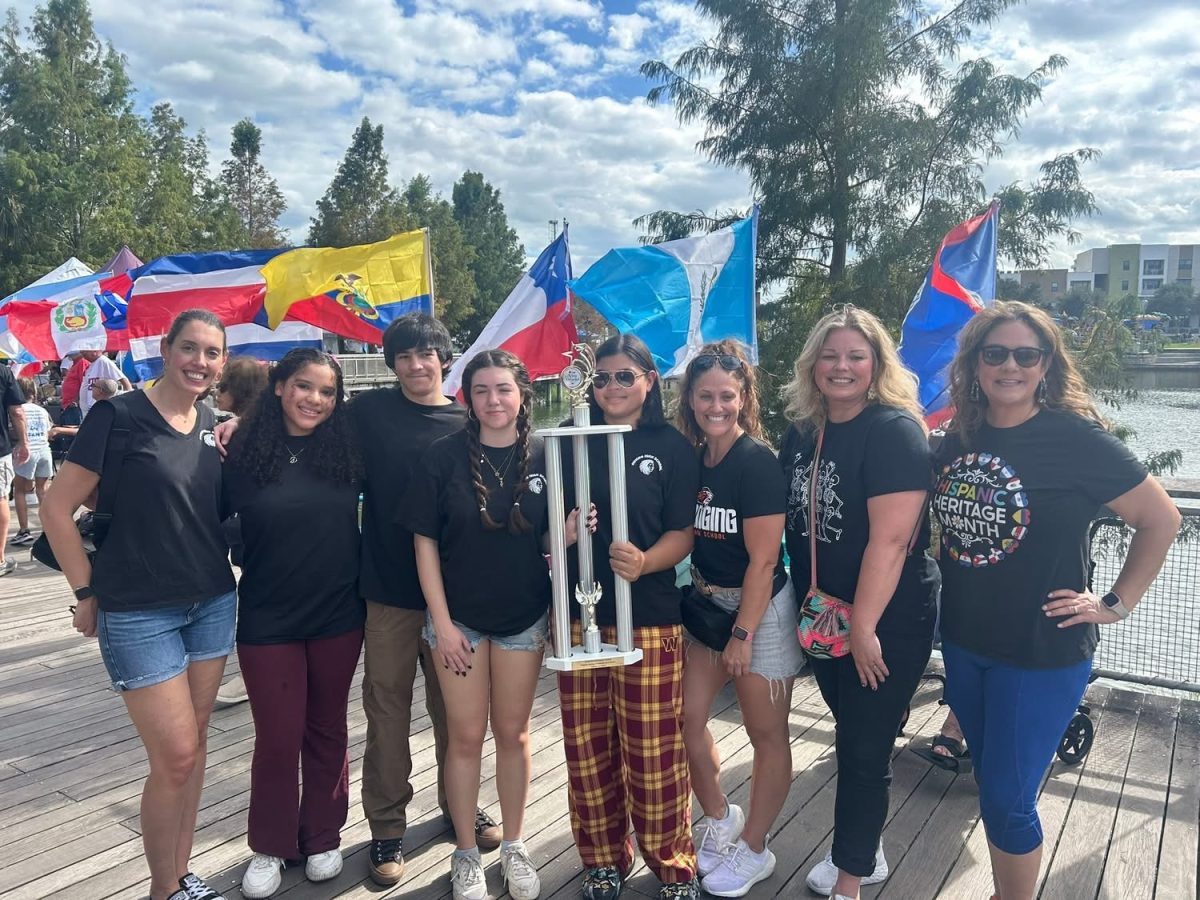United Nations needs actual power
WEB EXCLUSIVE
Last week was the 2016 United Nations General Assembly. During this summit, representatives of 196 member countries (and disputed territories) gathered to discuss the most important issues plaguing the world.
The United Nations (U.N.) is an international organization that was brought together to promote global cooperation and peace. It was established after World War II as a means to prevent a potential World War III.
Yet, in recent years, the U.N. has become increasingly ineffective at enforcing humanitarian policies. The U.N. has not been able to calm many wars and conflicts, including the conflict in Syria and Israel.
This is deeply concerning, as that region has been producing a massive refugee crisis, leaving around 12 million people in need of a new permanent shelter.
The U.N. has achieved some big milestones, such as helping to eradicate smallpox, protecting the planet’s ozone layer by banning CFCs (chlorofluorocarbons), and taking giant steps to stop climate change during the Paris summit last December. These achievements have positively impacted the globe.
However, they have not “maintained international peace and security” and “upheld international law.” These are two of the five goals of the United Nations. A main reason why they have not delivered on their promise is the fact that the U.N. does not have any legal authority. This drastically limits the power of the organization, and makes it easy for countries to not hold true to plans for peace.
U.N. humanitarian aid vehicles are sometimes not even able to enter troubled regions with people in need. Why? Their efforts are blocked by terrorist, and sometimes, government soldiers.
The U.N. must have at least minor legal authority to enforce–not simply encourage–plans to fulfill their five goals. The organization could start by integrating into parts of the 15 countries on the U.N. Security Council–of which the U.S. is a part. This would help regulate much of the inhumanitarian practices in China, Russia, Egypt, and even America.
Speaking of which, President Obama traveled to the General Assembly at the U.N. headquarters in New York to give his final speech as sitting U.S. President. He talked about his achievements in office, including the Paris climate accord, Iran nuclear deal, and his plan to accept 110,000 more refugees this year.
The President’s Syria-focused speech came after a negotiated ceasefire with Russia in Syria collapsed, leading once more, to chaos and destruction in Aleppo. This poorly negotiated ceasefire (facilitated by the U.N.) backfired.
The U.N. should definitely rethink how it approaches much of the world’s war and turmoil. Its current method is not working and needs to be changed for the U.N. to be relevant once again.
Your donation will support the student journalists of Oviedo High School. Your contribution will allow us to purchase equipment and cover our annual website hosting and printing costs. Thank you!





































